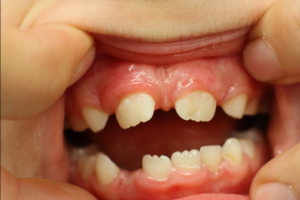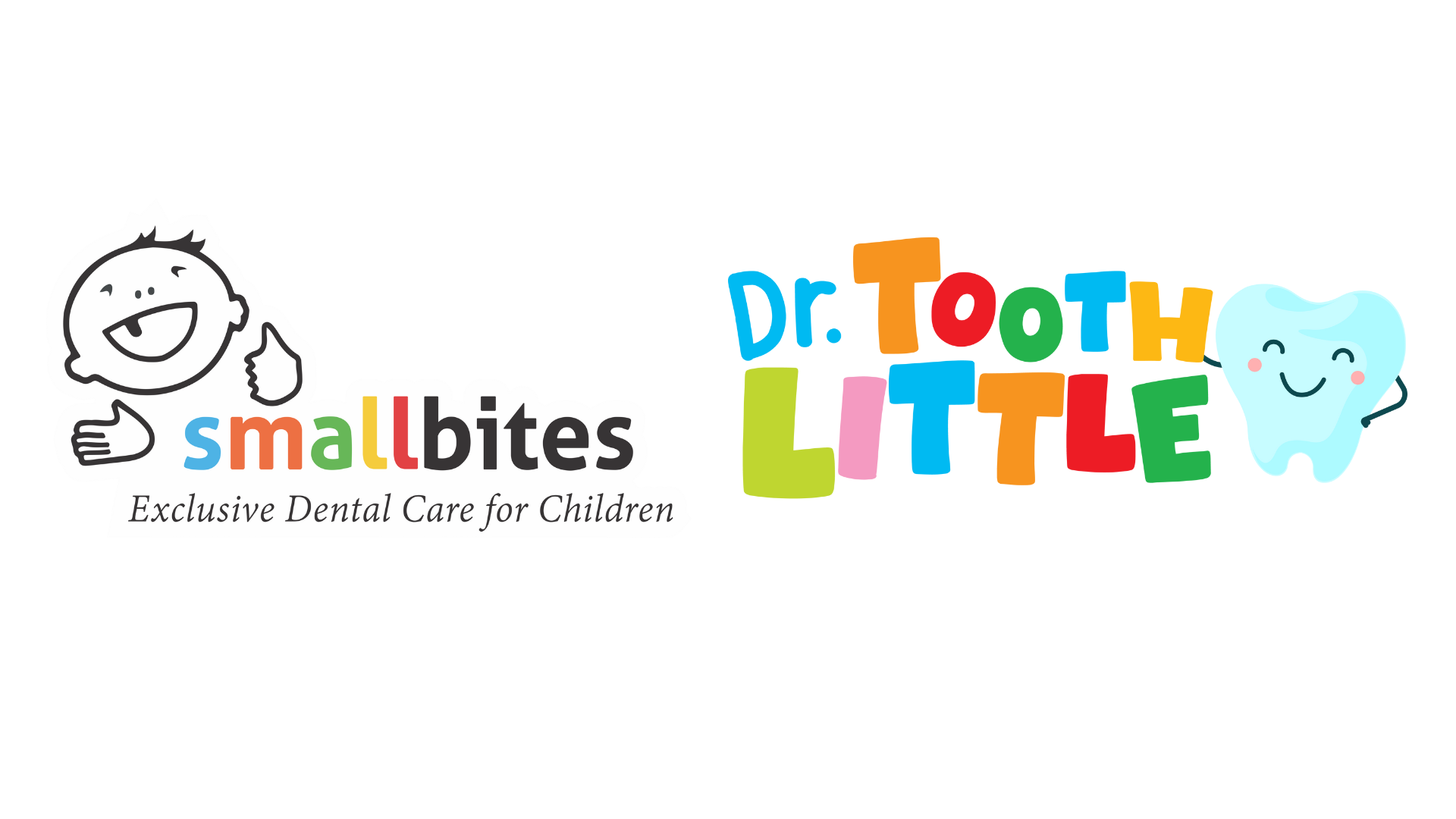Black spots on teeth, caries, decay is a oral manifestation that takes months or even years, and doesn’t happen overnight. While we are often presented with it accidentally when brushing children’s teeth or when they experience sudden pain, the changes have been happening subtly often without our knowledge. The primary cause of decay or caries is bacterial plaque.
Can’t the oral cavity fight bacteria?
As an entry point for food, mastication and sometimes its storage, the oral cavity is continuously under onslaught. Bacteria that comes in through food is tackled by saliva but tends to stay on in a moist, dark space with a surplus of sugars to feed on. The mouth becomes their home and eventually even with rigorous brushing some of them tend to stay and dental problems develop. Bacterial plaque is the main source of gum disease, caries, abscess and is definitely avoidable if tackled at the right time.
WHAT IS BACTERIAL PLAQUE?

We’ve all heard of plaque formation and not many parents actually go into the details of it. Plaque isn’t the blackish spots on teeth but the thick whitish/yellowish layer formed on them. The American Dental Association shares that plaque formation is almost always continuous and formed when bacteria work on the foods and drinks consumed to produce acids. The stickiness of the plaque prevents them washing away and this breaks down the tooth enamel. Plaque buildup happens 15-20 minutes after food intake everytime.
WHAT IS TEETH TARTAR?
Bacterial acids that destroy tooth enamel also work the same on gum tissue and surrounding bone. The whitish bacterial plaque that forms over teeth when not removed hardens into tartar. This is the yellowish stains noticed on teeth and these give bacteria a chance to now thrive. Plaque formation begins on teeth, then gradually extend to gumlines causing inflammation. If they are still left without removal, then bacteria start attacking bones and ligaments surrounding teeth leading to advanced tooth problems like abscess, periodontitis and more.
WHAT IS THE PURPOSE OF FLOURIDES?
Tooth enamel that is weak, feebly resists bacterial acids and their destruction to the mouth. Flouride toothpastes coat the teeth and can provide an effective barrier to strengthen and protect enamel. In young children, this is very important.
TOOTHBRUSHING
If there’s one thing that stops plaque and tartar formation, its brushing. Besides the obvious benefits of rigorous brushing to dislodge them, constant mouth intervention prevents bacteria from building up in the mouth. Plaque that gathers around gumline, food bits and the beginnings of gum disease can be stemmed from just this. Use clean, soft-bristled toothbrush, and replace whenever they fray.
REGULAR PROFESSIONAL CLEANING AT DENTIST
As much as we do or as hard as we try as parents, there is only so much brushing in children that can be done. Children’s mouths are small, brushing often missed the important spots and discoloration/black spots are often missed in regular dental care. A visit to a professional dentist is an absolute must regularly. This isn’t just a one-time care option but will ensure good teeth remain for life.



